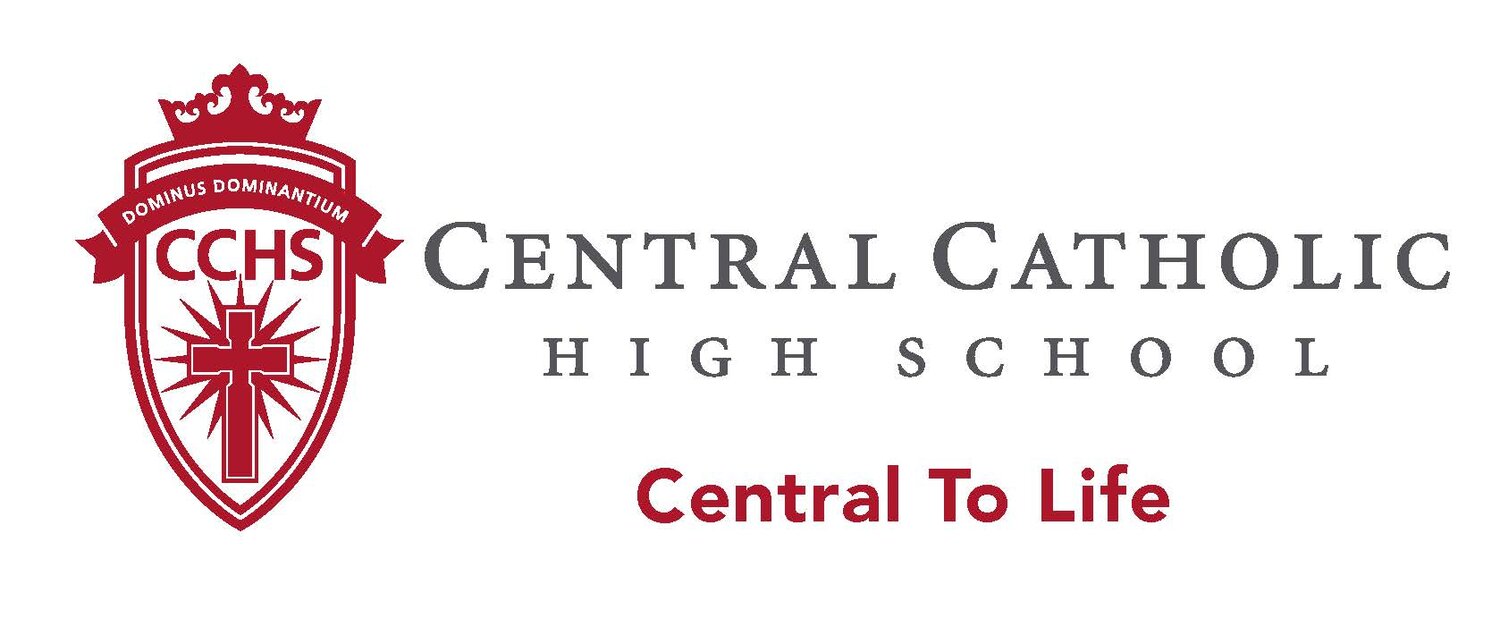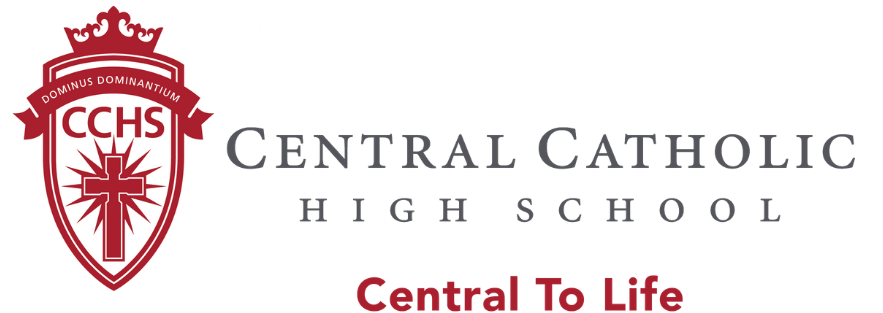Black History Month Q&A with Crissie (Usher) Frye, ‘76
Alumna Crissie (Usher) Frye is an Associate Professor of Human Resource Management at Eastern Michigan University, teaching undergraduate and graduate business courses. A 1976 graduate of CCHS, she has a BS in business administration from BGSU, as well as an MBA and a Ph.D. in human resource management from the University of Northern Iowa.
You were involved in Central Catholic’s Afro-American Club from the beginning. What do you remember about how it started?
I remember students at CCHS would meet informally in different groups in the front gym before school. We had fewer than 40 Black students in a school of 1,300 to 1,400 at that time, and we would meet and talk about current events. Everyone would help each other out, and there was a sense of community and friendship. It happened very organically, and we decided that we should formally organize a club. So we went to Fr. Donnelly, and Sr. Pat Schnapp became our moderator. They were both very supportive.
What were the purpose and goals of the club?
We often had classmates ask us questions about our culture, food, lifestyle, etc. out of a natural curiosity. So we made it a goal to acclimate our classmates to our culture and to educate them about Black contributions to entertainment, sports, history, and politics.
What were some of the activities the club planned or took part in?
One of the first things we did was hold a soul food lunch. Our families made food to share, and we served it to our classmates - southern cuisine like collard greens, corn bread, fried okra, southern-style fried chicken, barbeque ribs. We made posters featuring famous Black inventors and those in politics and the medical field. We fed our classmates with food and knowledge! The assemblies we planned brought in local Blacks in education and politics, and included talented students from other schools. We read poetry from revolutionary Black writers. Our club members did community service at the Catholic elementary schools, tutoring students and helping to recruit them to come to Central Catholic. We served as volunteer coaches for CYO football, basketball, and track. We also did peer tutoring for our CCHS classmates, and recreational things like skating parties and lunches.
Why do you think it’s important for Central Catholic to have an African-American club?
It’s important for club members to continue the legacy of educating themselves and their peers about the contributions of Blacks in science, politics, the arts, etc. Students need to know that others came before them and achieved great things, and they can achieve greatness too. Everyone needs to see and celebrate this.
What do you appreciate most about Central Catholic High School?
The Catholic environment was important to me. We were taught by many priests and sisters, and the education reinforced the Christian values we learned at home in our families and in our neighborhoods. I appreciated the rigorous academic work. The note taking and the work ethic I learned at Central Catholic prepared me well for my undergraduate and graduate work. My parents wanted my brother and I to get a good education. I remember my father saying we needed to learn to work with our minds and not with our backs. I did well academically at Central Catholic, and Fr. Donnelly was extraordinarily helpful and supportive. He was key to my success.


